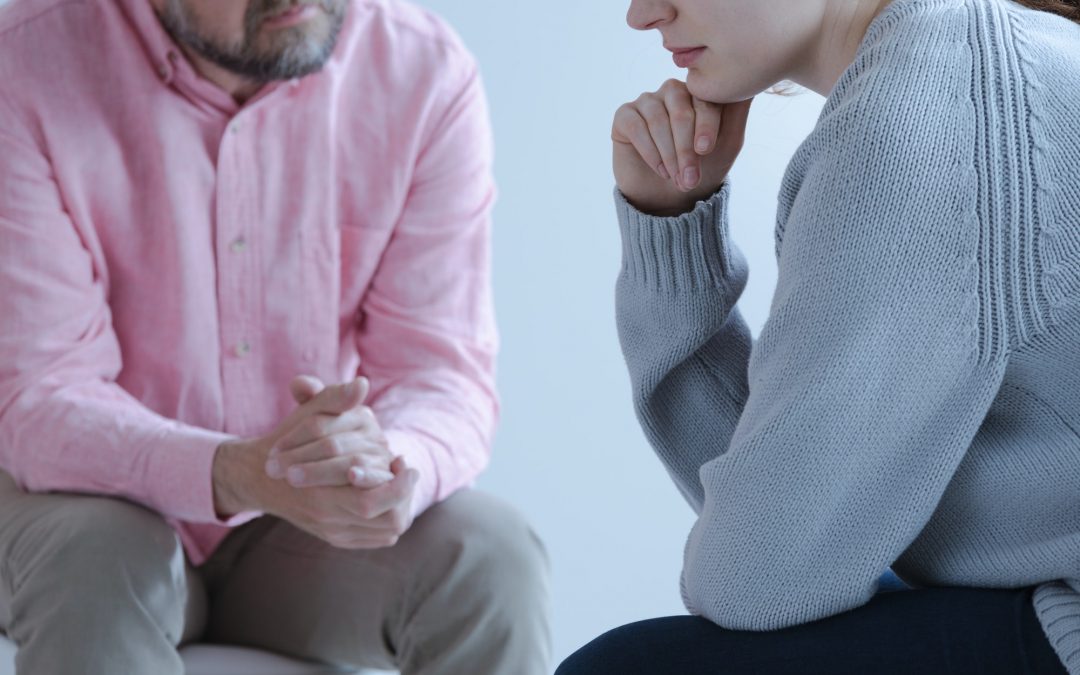When we lose someone, we loved, we might find ourselves in a very challenging place, full of pain and suffering.
We ask ourselves several questions, many without answers, and in the end we might find ourselves in a fork in a road, unsure of how to go ahead with life.
Among all the questions that arise, those that usually bothers us the most are:
How to deal with the loss? What to do now?
Firstly, we need to understand that death can be seen as a taboo, and, Because of that, it can generate enormous suffering, guilt, denial, and anxiety.
In this post, we aim to clarify, even if a little, the grieving process when considering its effects on the psyche.
We, as humans, often hide our pain, pretend not to suffer when we are in public and, at times, we think we have to go through those things all alone. As much as these behaviors might be seen as common, they greatly aggravate our own personal suffering. When we hide our feelings, categorizing them as “a matter that cannot be dealt with”, death generates great fear in people.
However, each loss has a unique, particular meaning. Therefore, it is necessary to realize the effects on each individual and the factors that influence the mourner’s psychological health. It is necessary to take into consideration the person’s attachment to the deceased, as well as their identification with the lost person. It is also essential to feel all those complex feelings that can the griever might be avoiding.
Melanie Klein (Klein 1940) suggests that one of the conditions to overcome the grief is through projective identification, in which the mourner identify characteristics of the deceased person in other people and other situations.
Going through the loss of a loved one can also be an invitation to reflect on who you were in your relationship with that person and who you would like to be after. It can be chance to get to know your inner self better and perhaps have the motivation to change! Knowing your fragility and vulnerabilities can allow yourself to dive deep in your self-understanding. Pain can also cause growth, if you allow it to do so.
Klein, M. (1945a). Love, guilt, and reparation and other works, 1921-1945. New York: Delacorte Press
Our psychologists have experience in grief and loss, and work with a diverse range of methodologies. We offer psychological support face to face in Melbourne, in St Kilda rd, and all over Australia through telehealth. Click here to learn more about our psychologists or click here to book your session.


Recent Comments